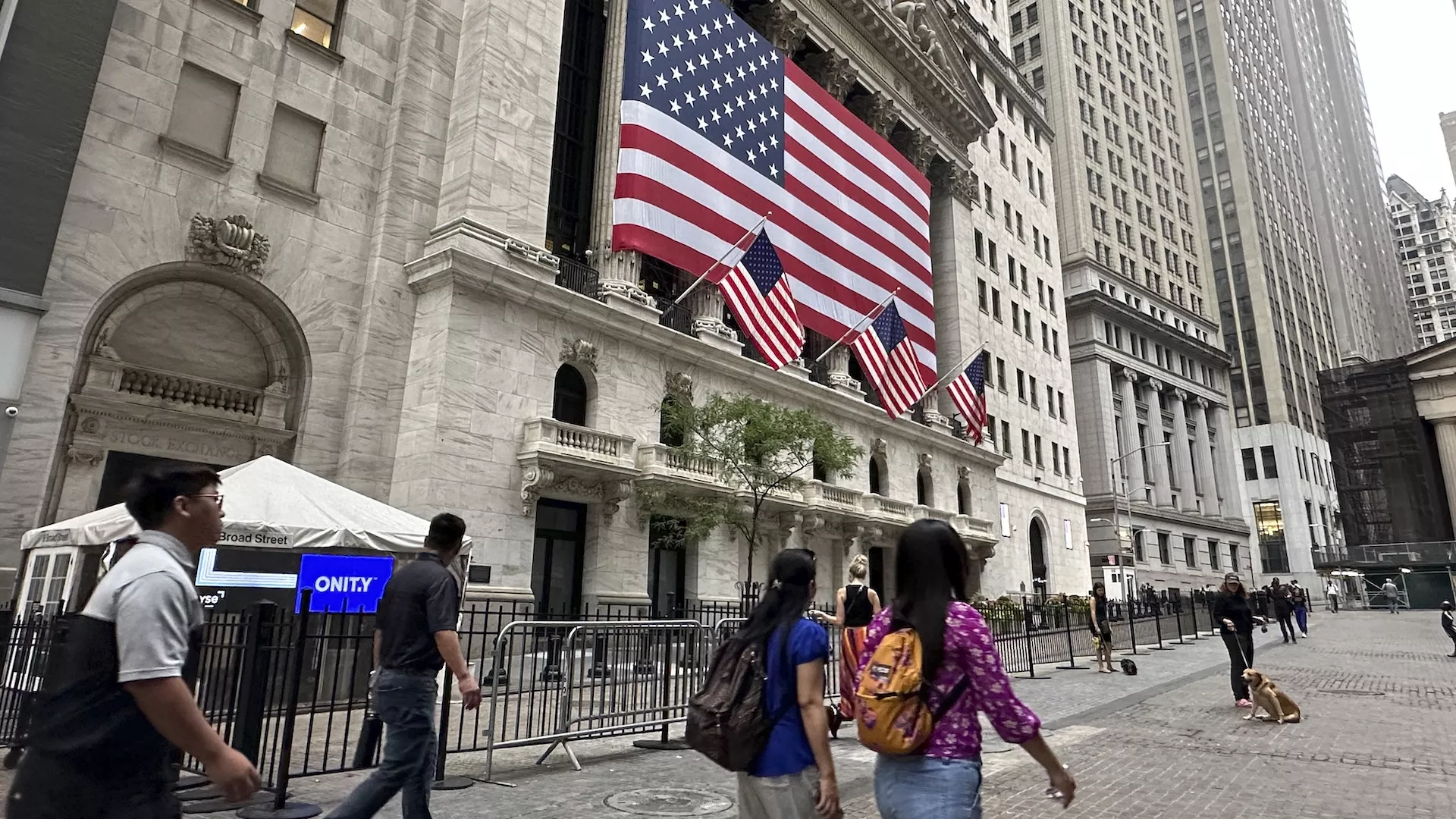The Federal Reserve, often referred to as “the Fed,” has a profound influence on the global economy. Whether you’re a business owner, a homeowner with a mortgage, or just someone who buys groceries, the Fed’s decisions trickle down into your daily life. But how exactly does a Fed rate cut impact the world beyond U.S. borders? Let’s learn more about Fed Rate Cuts.
Thank you for reading this post, don’t forget to subscribe!What is the Federal Reserve?
First things first—what is the Fed? The Federal Reserve is the central banking system of the United States. It has a lot on its plate, but its most critical role is managing the U.S. economy by controlling the supply of money. One of the ways it does this is by setting interest rates. These decisions are made during meetings of the Federal Open Market Committee (FOMC), where members determine whether to raise, lower, or hold steady the federal funds rate, which influences the cost of borrowing and the value of money.
Why the World Cares About Fed Rate Cuts
So why does the rest of the world care about what the Fed does? Simple. The U.S. economy is a big deal globally. It’s not just one of the largest economies; it’s also a major player in international trade, finance, and investment.
“The U.S. economy’s stature is one of the key drivers of the importance of the Fed,” said Gregory Daco, chief economist at EY-Parthenon. “The [U.S.] economy remains one of the largest economies in the world, and certainly of late, one of the ones that’s been fastest growing.”
When the Fed cuts interest rates, it doesn’t just affect Americans taking out mortgages or small business loans. Its influence ripples through global markets, from emerging economies to European financial hubs.
Also Read: How New Orleans is Powering Through Hurricanes: The “Lighthouse” Revolution
The Fed’s Decision in September 2024
In September 2024, the Fed decided to reduce the target range for the federal funds rate. This move was expected to ease the economic pressures that had been building. The effects? The cost of loans like mortgages, car loans, and business financing would drop, theoretically giving consumers and businesses a bit more breathing room.
Inflation in the U.S. had been under control compared to other parts of the world, but it was still a problem globally. According to the International Monetary Fund (IMF), global inflation stood at 5.9% by August 2024, with advanced economies like the U.S. faring a bit better at an average of 2.6%. Cutting rates was the Fed’s way of trying to boost the economy and encourage spending.
But the labor market showed signs of strain. Unemployment was creeping up, with 7.1 million Americans out of work in August 2024. That’s a slight increase from 2023 when the unemployment rate was 3.8%.
The Global Domino Effect
When the Fed changes interest rates, it’s not just Americans who feel it. As Reena Aggarwal, director of Georgetown University’s Psaros Center for financial markets and policy, explained, “The actions of the Federal Reserve Board—they’re not just limited to the U.S. They have an implication, a spillover effect in other parts of the world also.”
Central banks worldwide, like the European Central Bank (ECB), have followed suit in adjusting their own rates. In 2024, the ECB cut rates twice, trying to navigate through global inflation challenges. According to the IMF, global GDP growth was expected to hit 3.2% in 2024 and rise to 3.3% in 2025. While that seems like good news, many economists believe these figures are heavily influenced by what the Fed does.
How Emerging Markets Feel the Pressure
Emerging markets, in particular, tend to feel the pinch of Fed rate cuts. Many of these economies have substantial debt in U.S. dollars, meaning any changes in U.S. interest rates directly impact their ability to repay loans. If the U.S. dollar strengthens because of Fed policies, paying off debt in dollars becomes more expensive for these countries. It’s like borrowing money in one currency and having to repay it in a much stronger one—ouch.
“Emerging markets are impacted because a lot of their borrowing is in dollars. And so they’ve got to repay the interest and the principal in dollars. And if interest rates are changing in the U.S., all the cost of borrowing is changing,” Aggarwal noted.
China’s Response and the Yuan
China, not one to sit idle, has been pushing to reduce its dependency on the U.S. dollar. The People’s Bank of China (PBoC) has been working to internationalize its currency, the yuan, also known as the renminbi. The goal? Make it a serious contender in global trade and finance.
Freya Beamish, chief economist at TS Lombard, pointed out that China’s strategy ties into its broader economic goals. “A lot of the [electric vehicles] that we see coming out of China is a direct result of the fact that China has become debt-saturated and can’t use its previous growth model to just increase investment. If they’re following this growth model, then they have to rely more on exports. At the same time, they want to internationalize the renminbi.”
But despite China’s efforts, the yuan only accounted for 4.3% of global payments in 2023. Compare that to the dollar’s whopping 47%, and it’s clear that the U.S. currency is still the global heavyweight.
What’s Next for the Global Economy?
The future of the global economy largely hinges on decisions made by central banks like the Fed. As inflation fluctuates and labor markets remain volatile, these decisions will dictate the financial stability of not just the U.S., but the entire world. The Fed’s recent rate cut is just one piece of the puzzle, and how other countries react will shape the economic landscape for years to come.
Conclusion: What You Can Do Now
So, what does all this mean for you? Keep an eye on interest rates, whether you’re thinking about buying a home, refinancing a loan, or investing in stocks. Even if you’re not directly affected by U.S. policies, the ripple effects can impact everything from your local economy to international trade.
Stay informed, make smart financial decisions, and don’t be afraid to pivot when the market shifts. After all, the world’s watching what the Fed does next—and so should you.
Read More: SpaceX Crew Makes History with a Successful Return

